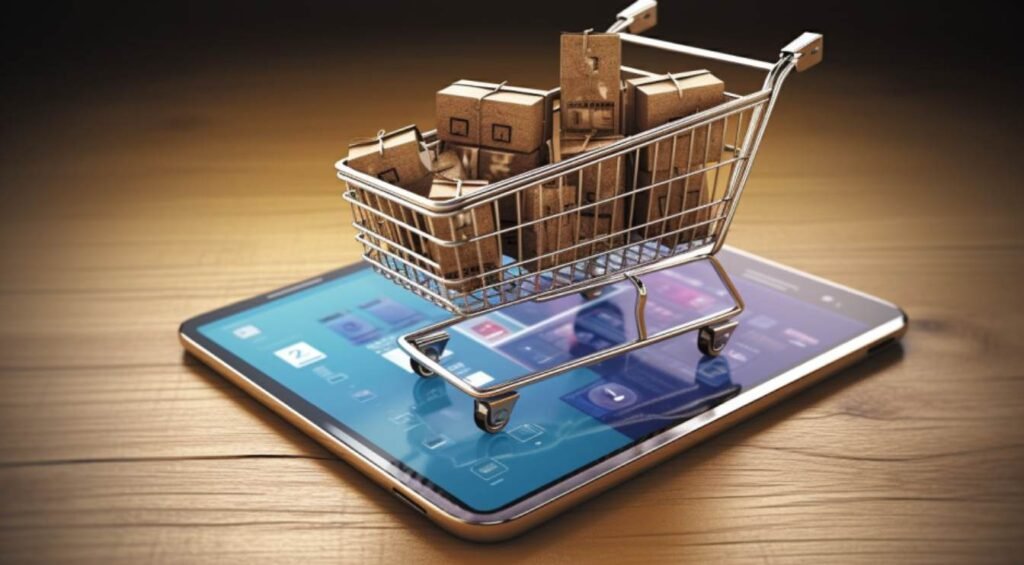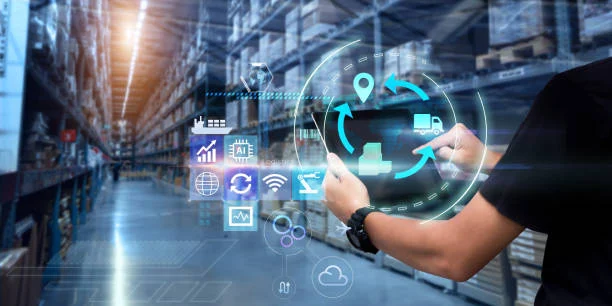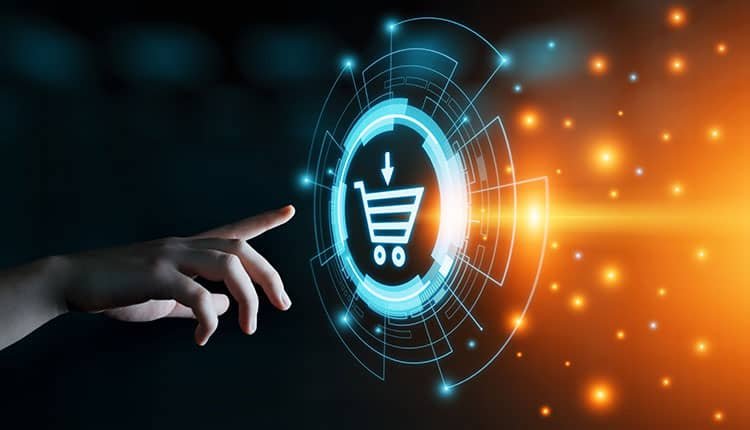Digital Commerce: Revolutionizing the Shopping Experience

Different Forms of Digital Commerce
– E-commerce platforms: These digital storefronts, such as Amazon, eBay, and Shopify, allow consumers to browse, select, and purchase goods online.
– Mobile commerce: With the proliferation of smartphones, e-commerce activities are increasingly being carried out on mobile devices, from shopping apps to mobile payments.
– Online auction sites: Auction platforms like eBay and Sotheby’s host virtual auctions, allowing people to bid on a myriad of items.
– Electronic payments: Digital transactions, including credit card payments, digital wallets, and even cryptocurrencies, facilitate the online exchange of money for goods and services.
– Online banking: Managing finances has never been easier, with digital banking services enabling everything from balance checks to fund transfers.
Advantages of Digital Commerce
– Convenience and ease of access: Online shopping allows consumers to make purchases from the comfort of their homes, circumventing the need to stand in long lines or navigate crowded stores.
– Cost savings and efficiency: By selling online, businesses can reach a wider audience without the overhead costs associated with physical stores.
– Global reach and accessibility: E-commerce platforms enable businesses to sell to consumers around the world, greatly expanding their market reach.
– Data-driven marketing opportunities: Digital commerce platforms collect valuable data on consumer behavior, allowing businesses to tailor their marketing strategies to target specific audiences more effectively.


Key Technologies Powering Digital Commerce
– Artificial Intelligence and Machine Learning: AI and ML algorithms analyze data to provide personalized product recommendations, optimize pricing strategies, and enhance the overall customer experience.
– Blockchain technology: This technology offers a secure, transparent way of conducting transactions, mitigating fraud risks and fostering trust between buyers and sellers.
– Augmented Reality and Virtual Reality: AR and VR technologies offer immersive shopping experiences, allowing customers to virtually try on clothing or visualize products within their living spaces.
– Internet of Things: IoT devices, including smart speakers and wearables, are becoming indispensable components of the shopping experience, enabling innovations like voice commerce.
Future Trends in Digital Commerce
– The rise of voice commerce: Voice-activated devices, such as Amazon’s Alexa and Google Home, are enabling consumers to shop and make purchases using voice commands.
– Evolution of personalized shopping experiences: Advanced AI and ML algorithms are creating hyper-personalized shopping experiences tailored to each individual’s unique preferences and needs.
– Increased focus on data privacy and security: With data breaches becoming more prevalent, businesses are investing heavily in robust security measures to protect customer data.


